


Framed or unframed, desk size to sofa size, printed by us in Arizona and Alabama since 2007. Explore now.
Shorpy is funded by you. Patreon contributors get an ad-free experience.
Learn more.

- Lofty addition
- In 1912
- Keenan Building
- Six years old
- Taken from the P.J. McArdle Roadway?
- It stood only 47 years
- Three track mind
- Incline to the right
- Reach for the sky, 1912 style
- No clean sweep
- Same Job Title, Same Face
- Sadly Lost
- Beautiful ...
- Where you get your kicks
- Aim High
- Pueblo Revival sisters
- Pueblo Neoclassicism
- Milk Man
- Regional dialect.
- Spielberg's inspiration
- Great Photo
- Loaf Story
- Do you still have the Rakes category?
- Could almost be a scene from the 1957 movie 'Hell Drivers'
- The Wages of Fear.
- Conspicuous by their absence
- Got Milk?
- All that aluminum
- No lefties
- Smoke 'em if you've got 'em
Print Emporium
Conspirator: 1865
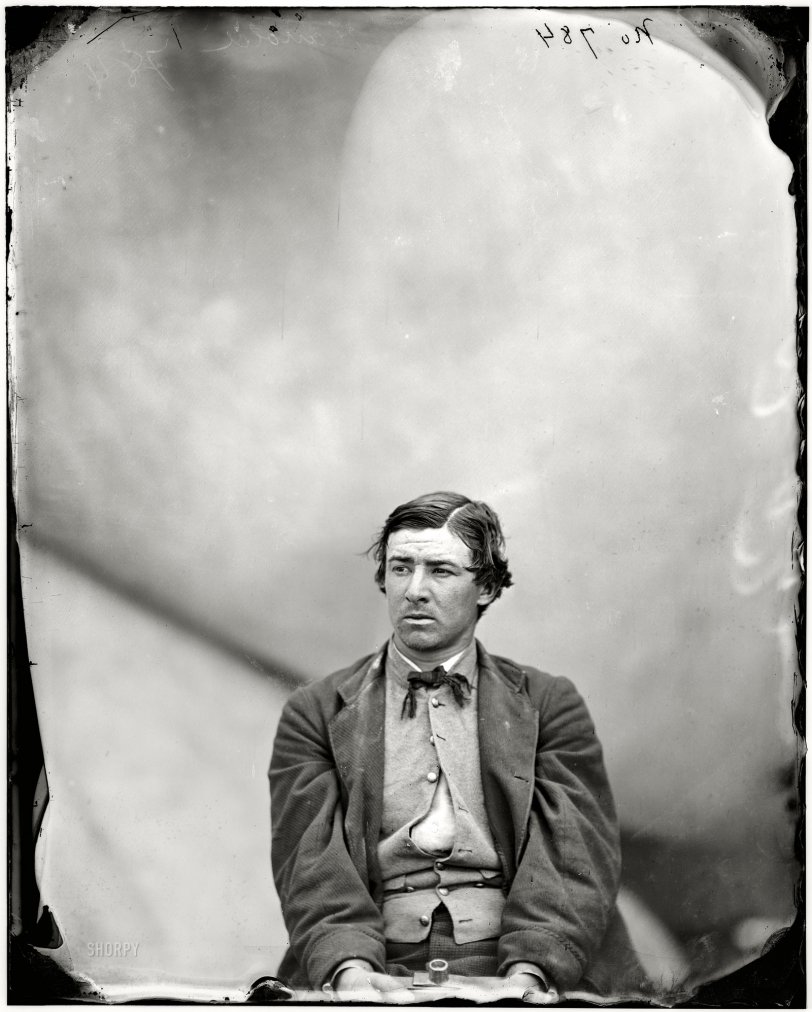
April 1865. "Washington Navy Yard, David E. Herold, Lincoln assassination conspirator." This 22-year-old accomplice of John Wilkes Booth was executed by hanging on July 7, 1865. Glass negative by Alexander Gardner. View full size.
Amazing
That is such an amazing and powerful photograph, I had to register and log in just to comment. The composition, background and border, along with his expression and razor sharp focus add up to one of the most compelling portraits I've seen here.
The Scout
David Herold was very familiar with DC and the Southern Maryland environs and was part of the planning for Booth's escape route. He was from the SE part of DC, near where the Navy Yard is today. This photo was taken right after Booth's capture and subsequent death. David looks none too happy here. He had been on the run for almost two weeks.
At peace with the world?
He doesn't look the least bit phased fazed knowing what surely awaits him.
Booth's companion almost to the end
After the assassination, Herold was waiting for Booth across the bridge into Virginia, and they stayed together for the next twelve days. Herold surrendered at the Garrett farm just before Booth was shot by a federal sergeant.
During the conspirators' trial, his lawyer argued that Herold was what today would be called mentally challenged. The argument didn't work, and I've never seen any documentary support for it.
Gore Vidal made Herold a main character in the novel "Lincoln," acknowledging that the historical man is almost a blank. Vidal gave him a "low" life, making him naive and manipulable but not feeble-minded.
Shackled
Look at those bad-ass handcuffs. Probably quite uncomfortable.
He's got the look!
The look of a man knowing his fate, and not liking it.
A look of Resignation
And despite the ragged and dirty appearance of his clothes, his hair is neatly combed and tattered tie neatly bowed.
If only he had known
If only those assassins could have realized how much more damage was done to their beloved South by killing Lincoln. Lincoln wanted a quick reuniting of the country, not the carpet bagging reconstruction that took place with him gone.





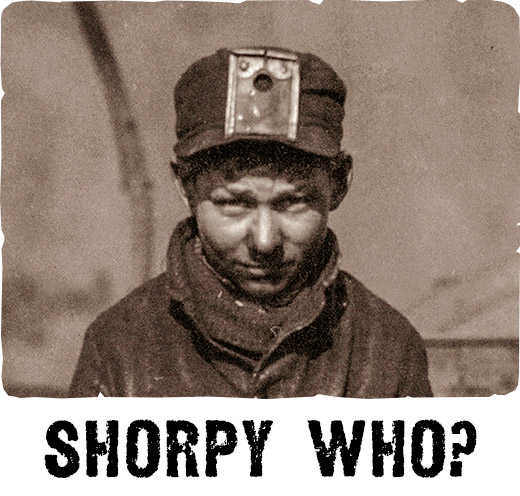
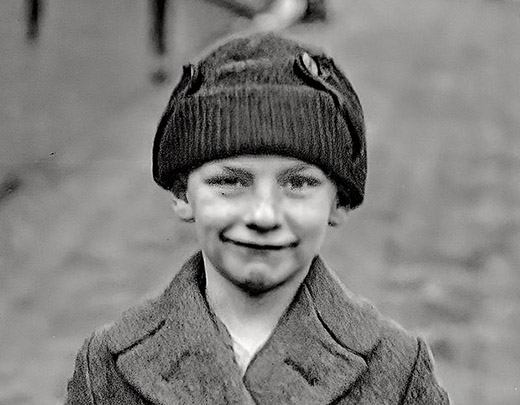
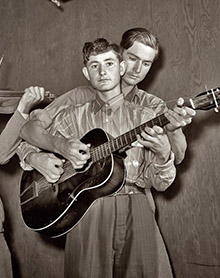
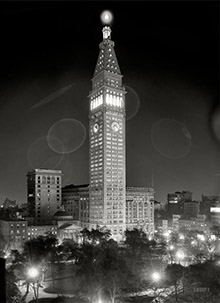
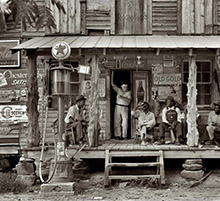
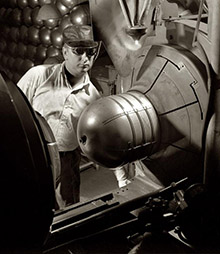
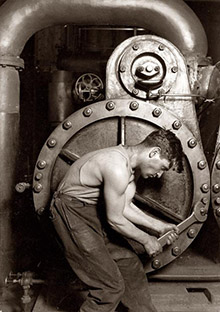

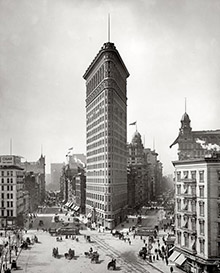



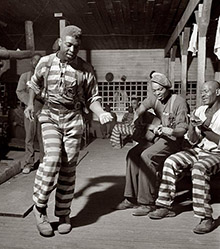

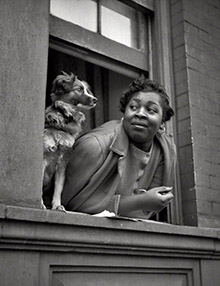



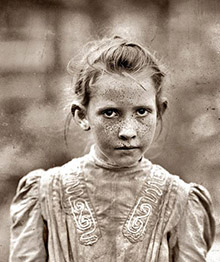
On Shorpy:
Today’s Top 5